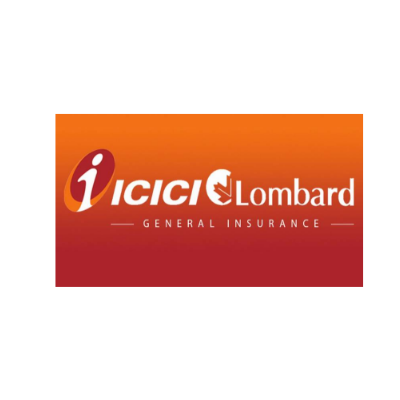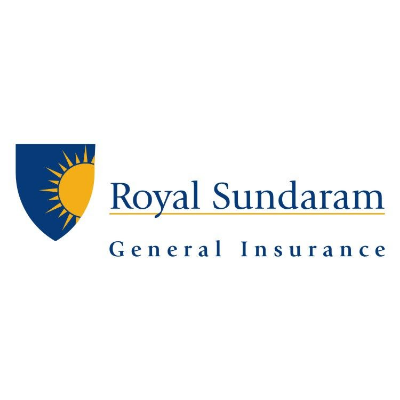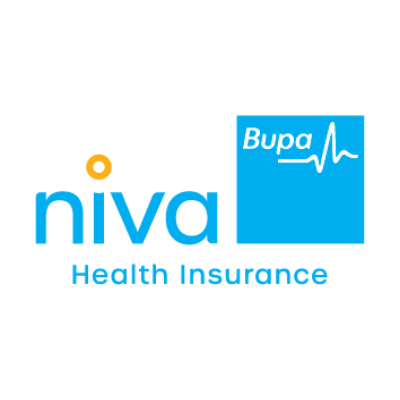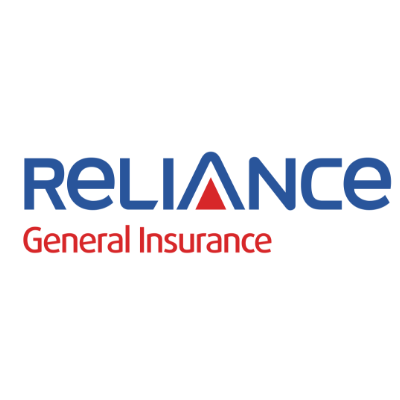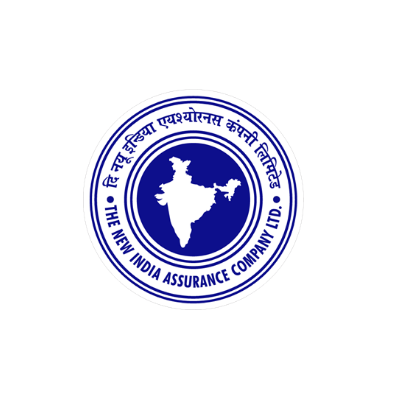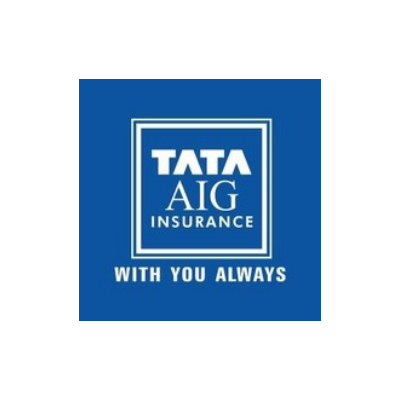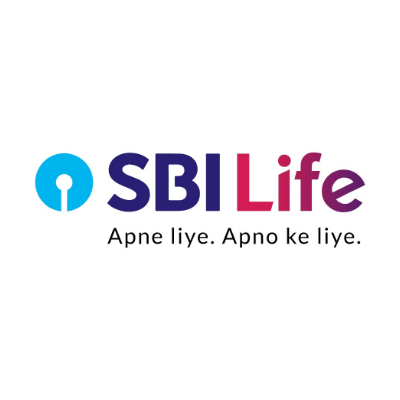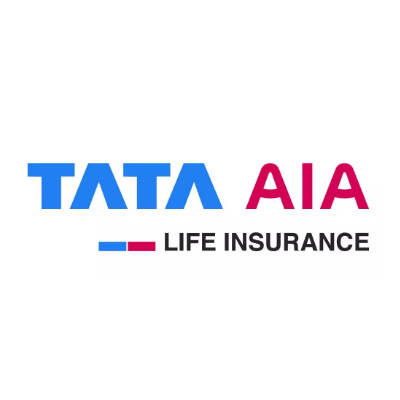DIFFERENCE BETWEEN CORPORATE MEDICAL INSURANCE AND FAMILYFLOATER INSURANCE
The Corporate Medical Insurance and Family-floater Insurance are both plans for a group of people and serve the same purpose of providing cover for a group – of employees or family members. In Corporate Medical Insurance, the employer bears all the cost to cover the employees, while in Family-floater Insurance you as an individual can insure your spouse, two children and parents or in-laws under one plan. The cost of such plans depends upon the number of insured members, coverage extent, sum insured and also the age of the insured members. For both the sum insured as well as the benefits are equally divided among insured group members. Though the two group insurance plans sound similar, yet there are certain vivid differences between the Corporate Medical Insurance and Family-floater Insurance. What are they, let’s have a look.
Difference Between The Corporate Medical Insurance And Family-Floater Insurance
|
|
|
|
|
|
|
|
|
|
|
|
|
|
|
|
|
|
|
|
|
|
|
|
|
|
|
|
|
|
|
|
|
|
|
|
Parameters To Consider While Buying Group Health Insurance Plans
There are multiple factors to consider when buying group health insurance plans like corporate plan or Family floater policy. The significant parameters to look out for include;
- The policy coverage should be enough to cover your organisation or your family in group health insurance plans
- Make sure the premium amounts are payable and the sum insured is checked based on age, gender, lifestyle and add-ons opted for.
- Look for the claim settlement ratio of the insurance company before buying any group insurance plans
- Check for network hospital and cashless services for group insurance plans opted for.
Conclusion
You must utilise the different types of plans to match your needs optimally. There are many plans available from you to compare and choose from. Group insurance plans like Corporate or Family floater help get cover easily and manage any financial burden with security intact. So, choose and opt wisely!
FAQs – Frequently Asked Questions
Let's take a look at some frequent queries on Corporate Medical Insurance and Family-floater Insurance.
Q1. Is ‘floater’ in Family-floater health insurance a flexible benefit?
Yes, 'floater’ refers to the flexible benefit shared by the insured members under the plan. The sum insured and coverages are not fixed for any particular family member.
Q2. Can Individual health insurance policy be converted into a corporate plan?
No, it is not possible as the insurance provider may be different and also the corporate plan cost is borne by the employer only.
Yes, claims against corporate policy can get rejected if you did not disclose correct information while availing policy cover, make a false claim or claim against an event not covered under your health plan or if you do not follow the claim process correctly. Always read the terms before claiming for any plan and understand your policy to know the right coverage and other essential parameters.












